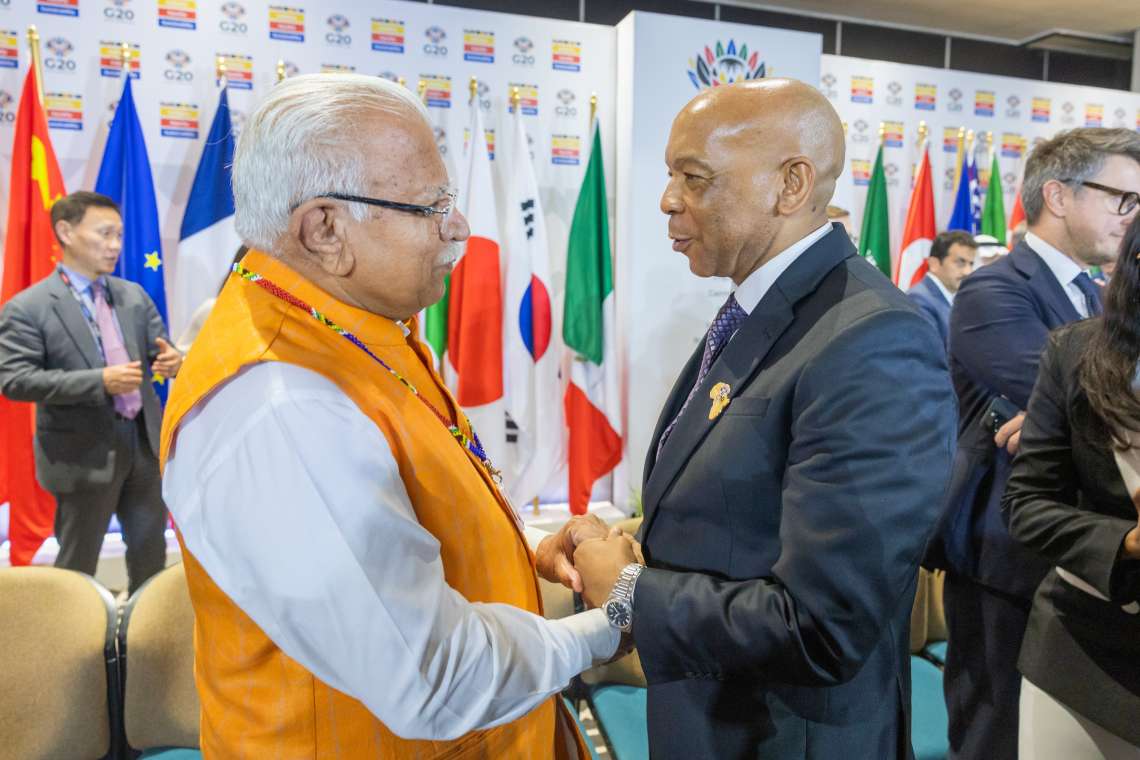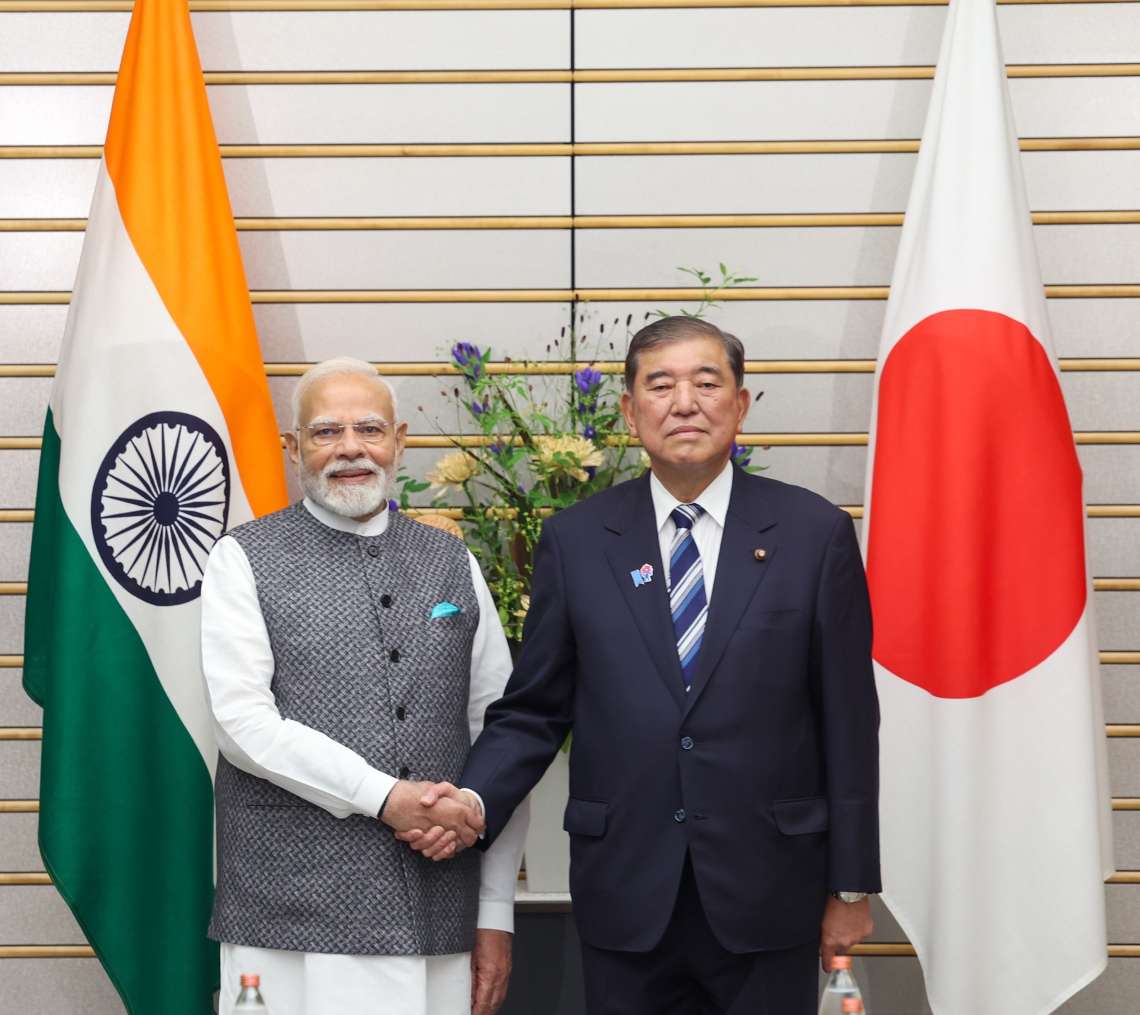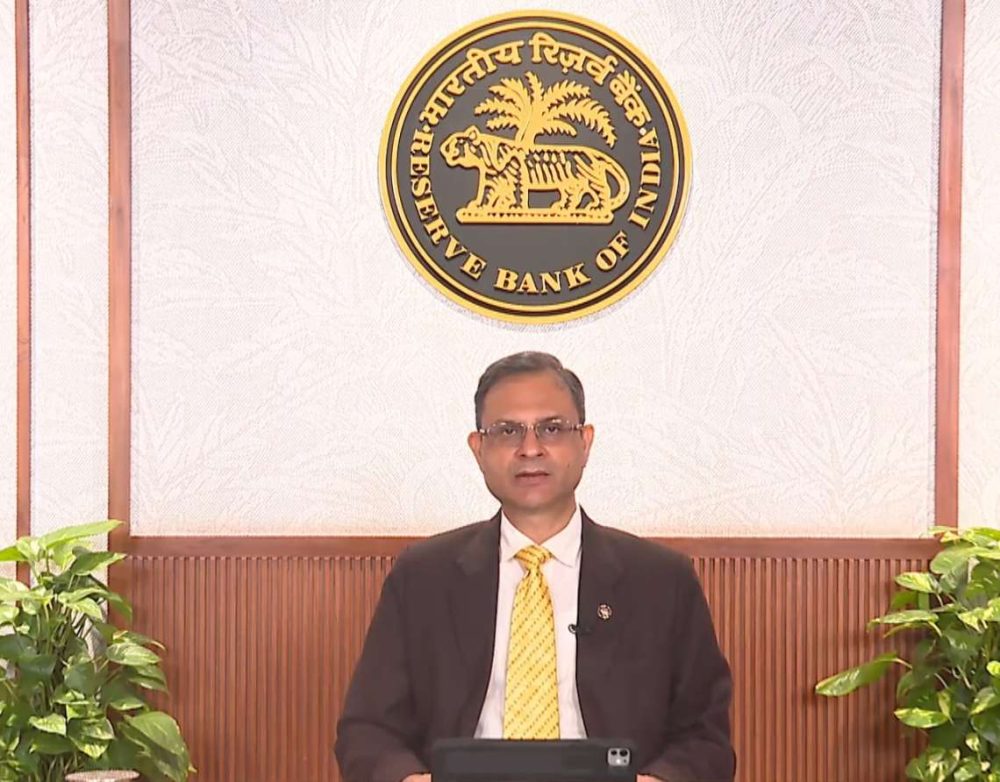The Council will decide on extending the GST compensation date that is ending on June 30 with several state Finance Ministers demanding the same….reports Asian Lite News
Unbranded pre-packaged food items, hotels with room rent less than Rs 1,000 to be brought under the Goods and Services Tax (GST) net seems to be the decision of the GST Council.
The two-day GST Council meeting at Chandigarh began on Tuesday.
It is said the Council at its 47th meeting has decided to bring pre-packaged and labelled food items such as wheat flour, paneer, puffed rice and other items under the GST net in order to avoid disputes.
The branded cereals attract GST while the non-branded do not.
Further, the Council will be removing the exemption given to hotels with room tariff of less than Rs 1,000 per day and also decided to correct the inverted duty structure for several items like LED lamps, edible oils, solar water heaters and others.
It is also said that the Council has agreed to increase GST on electronic waste from 5 per cent to 18 per cent; levy tax on cheque book and loose leaf cheques; to withdraw exemption on warehousing of taxable items like sugar and others; hike tax rates on LED lamps, knives, blades, power driven pumps, spoons, forks, dairy machinery by six per cent to 18 per cent.
The Council will decide on extending the GST compensation date that is ending on June 30 with several state Finance Ministers demanding the same.
Meanwhile, top online skill gaming associations on Tuesday expressed deep concern at reports that the GST rate on online skill games may be increased from existing 18 per cent to 28 per cent.
The E-Gaming Federation (EGF), the All India Gaming Federation (AIGF), and the Federation of Indian Fantasy Sports (FIFS) said that what is more worrying is some reports suggesting that the tax may be levied on total pool (prize money pooled plus the platform commission), and not on gross gaming revenue (GGR).
The latter, if implemented, they said, will mean the demise of the online skill gaming industry in India.
“Such a step is not only in dissonance with international best practices but is also violative of the principles of GST,” said Sameer Barde, CEO of EGF.
In the last few years, the online skill gaming sector has emerged as a growth engine for the Indian economy with direct benefits to a lot of sectors such as fintech, sports, animation & graphics, semiconductor, edtech, and software development.
In the last six years, the online skill gaming sector has received foreign investment of over $2 billion and employs around 50,000 people.
Essentially, the online skill gaming operators are platforms, which bring players from various geographies together. The money pooled is eventually distributed to the winning player.
“The platform charges a predetermined fee, known as GGR, and pays tax on that. If you were to charge an increased tax rate on the entire quantum (pooled money plus commission), it is not only principally incorrect but will also annihilate this sunrise sector,” Barde added.
The industry bodies appealed to the GST Council to understand the salience of games of skill and take a decision considering international taxation best practices.














